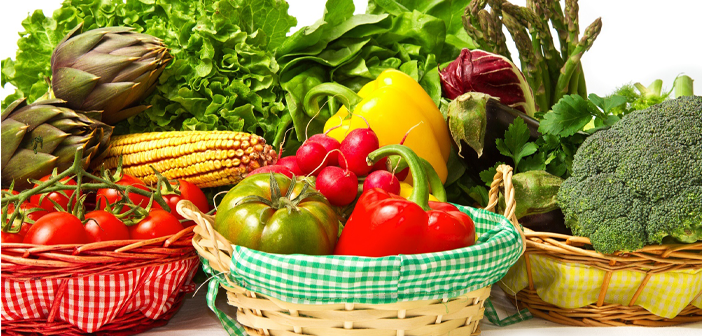Most people don’t want to hear the truth. Do you?
This isn’t the kind of truth you’re glad to hear about – like when someone points out you have spinach in your teeth. It’s the tortuous, run-and-hide, sock-full-of-quarters-to-the-gut kind of truth.
Here it is: If you get caught in a natural disaster, you’re probably going to die. It’s not going to be an accident. It’s going to be your fault because you never took the time to think about how to prepare.
We’re living in a dangerous world. $180 billion. That’s the amount of money spent on repairing damage caused by cyclonic winds and earthquakes.
According to the United Nations Office for Disaster Risk Reduction (UNISDR), our ability to cope with a disaster hasn’t kept pace with our rate of growth. Even in the United States, FEMA maintains a tiny budget and is prepared only for “black swan” events.
Fortunately, you don’t have to just sit there and wait for the inevitable. You can start now by storing food to eat. Here’s how.
Preserving Honey
Honey is easy to preserve since it almost never goes bad. In fact, archaeologists have found honey in a tomb that was over 3,000 years old – it was still edible. Because it has a low moisture content, high acidity, and the fact that it contains a small amount of hydrogen peroxide, it’s able to keep from spoiling under most circumstances.
Unless you introduce water or other contaminants to it, it’s unlikely that it will ever go bad. Just keep a lid on it and stored away somewhere relatively dry.
Buying Long-Term Storage Food
Do you want to know the holy grail of food storage? It’s food that:
- Contains all of the vitamins and minerals intact
- Requires very little water, and maybe a little heat
- Is actually real food, even though it’s considered emergency food
- Has a shelf life of more than 20 years
Keep Some Salt Around
Salt is one of the best preservatives known to man. While it is prone to absorbing moisture, it won’t hurt the salt at all. In fact, it might make the taste more “full.”
Salt has been used for thousands of years. In an emergency, it will be useful as an electrolyte and as a way to add flavor to your meals. It may also be a tradeable commodity if you must live for a while without money.
You can use it to cure food, preserve it, add it to almost anything you eat, as a cleaning product, and for tanning hides.
Why You Should Keep Lots Of Baking Soda On Hand
Baking soda has hundreds of uses. It’s primarily used in baking, but it’s an effective replacement for toothpaste, household cleaners, dish-washing detergents, laundry detergent boosters, and tarnish removers.
The Importance Of Rice and Spices
Rice is a staple food, and dried spices add flavor. Combined, you can live off of rice for meals if you need to, dried rice keeps for a very long time, and it’s cheap. If properly cared for, it will last 30 years or more. You can eat it for breakfast, as a side dish, as an alternative to wheat flour, and as a bulk or filler in soups to make them more hearty.
Spices that are dried also tend to have a long shelf life if you store them in oxygen-tight containers. You may have to use depleters to remove the oxygen, or vacuum-sealed bags, but stock up on cheap Indian, Mexican, and other ethnic spices.
Traditionally, these spices were used to season poor quality cuts of meats – exactly the kinds of meats you might have to eat in an emergency.
Why You Need Powdered Milk
Powdered milk will last indefinitely, and it’s a must-have if you have kids. It’s usually a good idea to repackage it for longer-term storage though. Alternatively, you can keep it in the freezer. Anything that cools it down significantly, like freezing, or removes air from the packaging, is going to work best.
Powdered milk is most useful as a beverage to drink straight, dessert, an ingredient for some types of bread, or an addition to soups and baked goods.
Water
Water is a special item on this list. Most people think about preserving water by buying purified water. And, while you should have some bottled water on-hand, you should also keep non-potable water filtration devices for when you run out.
Being able to make water is invaluable and water filtration devices capable of filtering bacteria, viruses, and heavy metals, as well as radiological contaminants might just save your life.
Allen Baler is a Partner at 4Patriots LLC, a Tennessee based small business that provides products to help people be more self-reliant and more independent. Allen founded the company in 2008 after 14 years as a corporate executive leading profitable business for the Easton Press and the Danbury Mint. He graduated with honors from Harvard University and resides in Nashville with his wife and 3 daughters.




